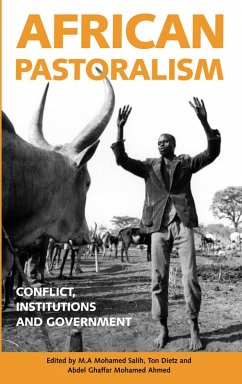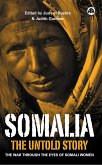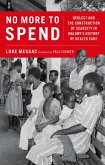Although many countries in Africa are devastated by poverty and famine, and are desperately in need of aid, it is generally recognised that programmes of aid and development in Africa are imposed upon local communities with little regard for their traditional values and way of life.
This book provides a fresh look at these intricate issues, and explores the way in which farming and traditional pastoral livelihoods have strengthened rather than weakened in the face of government reforms.
It reveals how traditional institutions and resource management strategies within local African communities continue to endure, in spite of the enormous pressure that development programs assert, as pastoralists resolve to confront coercive state policies designed to privilege the interests of the wealthy and powerful elite.
The book introduces thirteen case studies from Botswana, Ethiopia, Eritrea, Kenya, Somalia, Sudan and Uganda and various other parts of the African continent.
This book provides a fresh look at these intricate issues, and explores the way in which farming and traditional pastoral livelihoods have strengthened rather than weakened in the face of government reforms.
It reveals how traditional institutions and resource management strategies within local African communities continue to endure, in spite of the enormous pressure that development programs assert, as pastoralists resolve to confront coercive state policies designed to privilege the interests of the wealthy and powerful elite.
The book introduces thirteen case studies from Botswana, Ethiopia, Eritrea, Kenya, Somalia, Sudan and Uganda and various other parts of the African continent.
Dieser Download kann aus rechtlichen Gründen nur mit Rechnungsadresse in A, D ausgeliefert werden.









